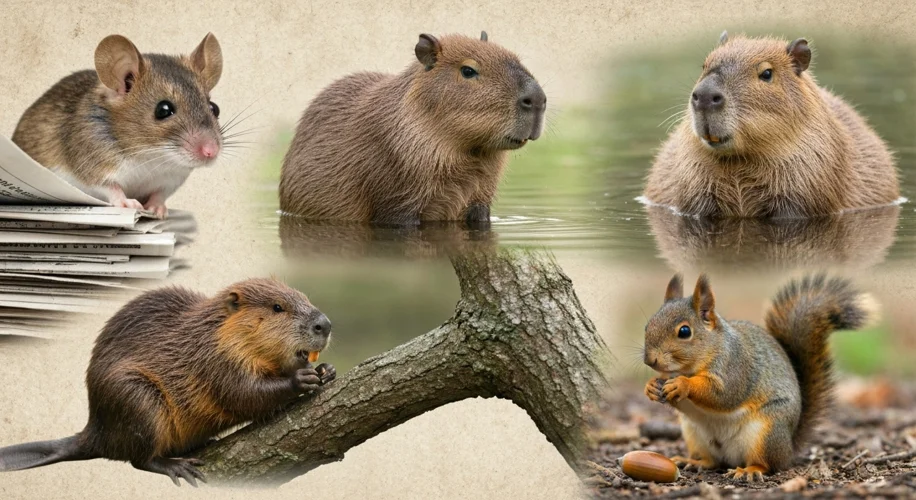Rodents: Nature’s Little World Conquerors?
When you think about animals that have truly mastered the art of survival and proliferation, what comes to mind? Perhaps the ever-adaptable cockroach, or the persistent housefly? But let’s talk about a group that often gets overlooked, despite their sheer ubiquity and impressive evolutionary success: rodents.
Today is September 5, 2025, and as I look at the diversity of life on our planet, I can’t help but marvel at the quiet, persistent influence of rodents. These small mammals, from the familiar squirrel in your local park to the elusive mouse in your pantry, have carved out a niche almost everywhere.
Masters of Adaptation
What’s their secret? It all comes down to a few key evolutionary advantages. Think about their teeth, for starters. That iconic incisor pair, which grows continuously, is a marvel of natural engineering. It allows them to gnaw through almost anything, from tough seeds and bark to, well, whatever they find in your home. This persistent need to wear down their teeth also means they’re constantly foraging and exploring, a behavior that helps them discover new food sources and habitats.
Then there’s their reproductive rate. Many rodent species can reproduce quickly, with short gestation periods and multiple offspring per litter. This means their populations can rebound rapidly after experiencing setbacks, a crucial trait in a world full of predators and environmental challenges.
A World of Niches
Rodents have successfully colonized nearly every terrestrial environment on Earth. From the scorching deserts to the frigid Arctic, you’ll find them. They inhabit forests, grasslands, mountains, and even the bustling environments created by humans. This incredible adaptability is a testament to their varied diets and their ability to build or find shelter in diverse conditions.
Consider the beaver, a rodent that dramatically reshapes its environment by building dams, creating wetlands that support a vast array of other species. Or the kangaroo rat, which can survive in arid deserts by extracting moisture from the seeds it eats and rarely needing to drink water directly. These examples showcase the incredible range of solutions rodents have evolved to thrive.
The Human Connection
We often have a complex relationship with rodents, especially when they venture into our homes. However, their proximity to us is also a sign of their success. They’ve learned to exploit the resources we create, like stored food and shelter. This ability to coexist, and sometimes thrive, alongside human civilization is a significant part of their evolutionary narrative.
From a biological perspective, understanding the adaptations that have allowed rodents to become so widespread offers fascinating insights into the principles of natural selection. Their continuous evolutionary journey, marked by those ever-growing teeth and rapid reproduction, shows us how even the smallest creatures can achieve remarkable global success through relentless adaptation.

